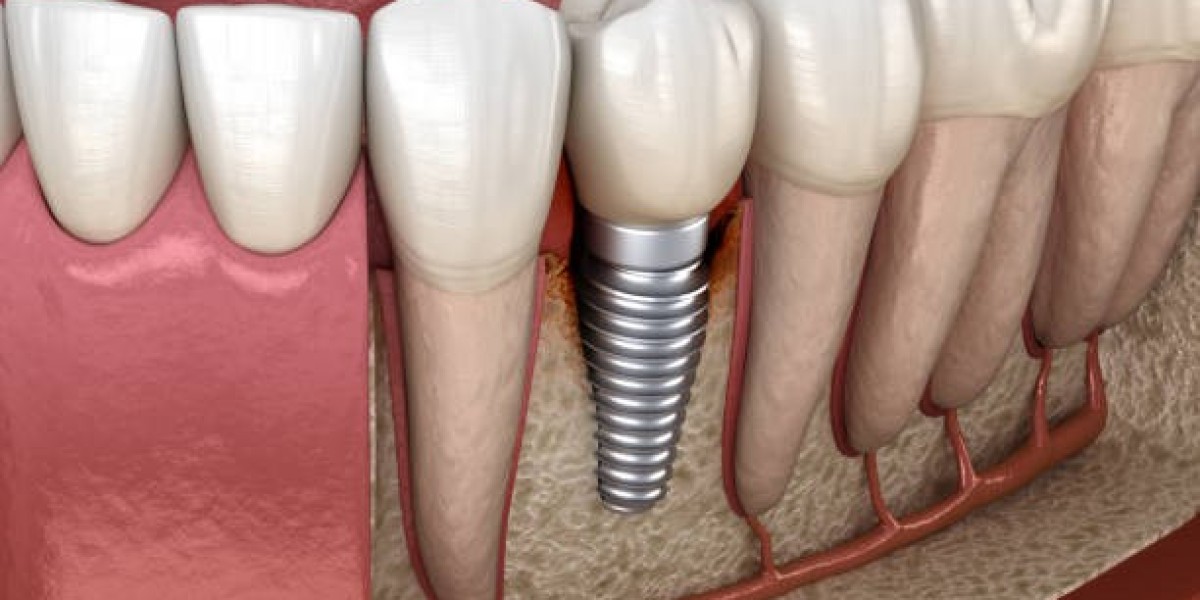Implants are a popular solution for replacing missing teeth and restoring smiles. However, one of the complications that can occur with implants is bone loss around the implant site. This can lead to implant failure and other oral health issues. In this article, we will explore some effective ways to prevent implant bone loss and maintain the longevity of your dental implants.
1. Proper Oral Hygiene
Good oral hygiene is crucial for the success of dental implants. Brushing and flossing around the implant site are essential to prevent the accumulation of plaque and bacteria, which can lead to bone loss. It is recommended to use a soft-bristle toothbrush and non-abrasive toothpaste to avoid damaging the implant and surrounding tissues.
2. Regular Dental Check-ups
Regular visits to your dentist are important to monitor the health of your implants and surrounding bone. Your dentist will be able to detect any signs of bone loss early on and recommend appropriate treatment. Professional cleanings are also necessary to remove any tartar buildup that cannot be removed with regular brushing and flossing.
3. Avoid Smoking
Smoking is a major risk factor for implant failure and bone loss. The chemicals present in cigarettes can interfere with the healing process after implant placement and increase the chances of complications. If you are a smoker, quitting or reducing smoking can significantly improve the success rate of your dental implants.
4. Balanced Diet
A balanced diet rich in essential nutrients like calcium, vitamin D, and protein is important for maintaining healthy bones and supporting the integration of the implant with the surrounding bone. Include plenty of fruits, vegetables, dairy products, and lean proteins in your diet to promote optimal bone health.
5. Avoid Excessive Force
Avoid habits like teeth grinding and using your teeth as tools to prevent unnecessary stress on the implants and surrounding bone. Excessive force can lead to bone resorption and compromise the stability of the implant. Wear a nightguard if you have a teeth grinding habit to protect your implants while you sleep.
6. Treat Gum Disease Promptly
Gum disease, also known as periodontal disease, can pose a threat to the health of your implants and surrounding bone. If left untreated, gum disease can lead to bone loss and eventual implant failure. Be proactive in treating gum disease by following your dentist's recommendations for proper oral hygiene and professional treatment.
Conclusion
Preventing implant bone loss is essential for maintaining the stability and longevity of your dental implants. By following good oral hygiene practices, attending regular dental check-ups, avoiding smoking, maintaining a balanced diet, avoiding excessive force on the implants, and treating gum disease promptly, you can reduce the risk of bone loss and ensure the success of your dental implants in the long run.



